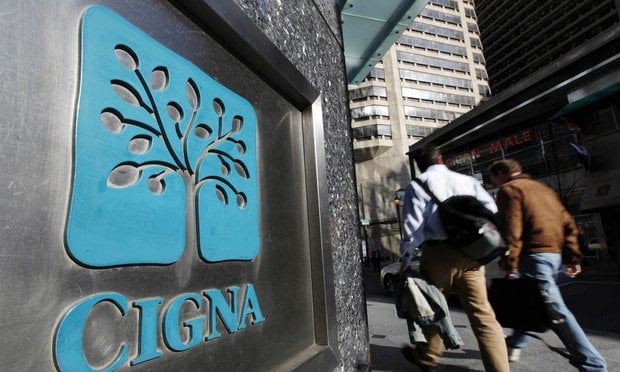Recently, National Public Radio featured a discussion of a University of Chicago study about the impact of short-term incentives on student performance. The introduction to the radio piece was along the lines of “does bribing kids to get better grades work?”
As a father of four, I certainly know that parents usually say it's a bad idea to bribe children. But I also know that in reality parents bribe their kids all the time. If you don't believe me, simply imagine the discussion about driving privileges between a teenager and their parent: “You can't drive the car unless you keep your grades up.” (Parents everywhere give thanks to the auto insurance industry for good student discounts.)
What caught my ear was the finding that different bribes work very differently. For one, when a $20 bill is promised to the students as a reward for any student who improves their score on a standardized test, there's a small improvement. But if the $20 bill is put on the desk and the students are told it's theirs unless they don't do as well on the test—when they know the $20 is theirs to keep or lose—they are much more motivated.
Recommended For You
Complete your profile to continue reading and get FREE access to BenefitsPRO, part of your ALM digital membership.
Your access to unlimited BenefitsPRO content isn’t changing.
Once you are an ALM digital member, you’ll receive:
- Breaking benefits news and analysis, on-site and via our newsletters and custom alerts
- Educational webcasts, white papers, and ebooks from industry thought leaders
- Critical converage of the property casualty insurance and financial advisory markets on our other ALM sites, PropertyCasualty360 and ThinkAdvisor
Already have an account? Sign In Now
© 2025 ALM Global, LLC, All Rights Reserved. Request academic re-use from www.copyright.com. All other uses, submit a request to [email protected]. For more information visit Asset & Logo Licensing.








